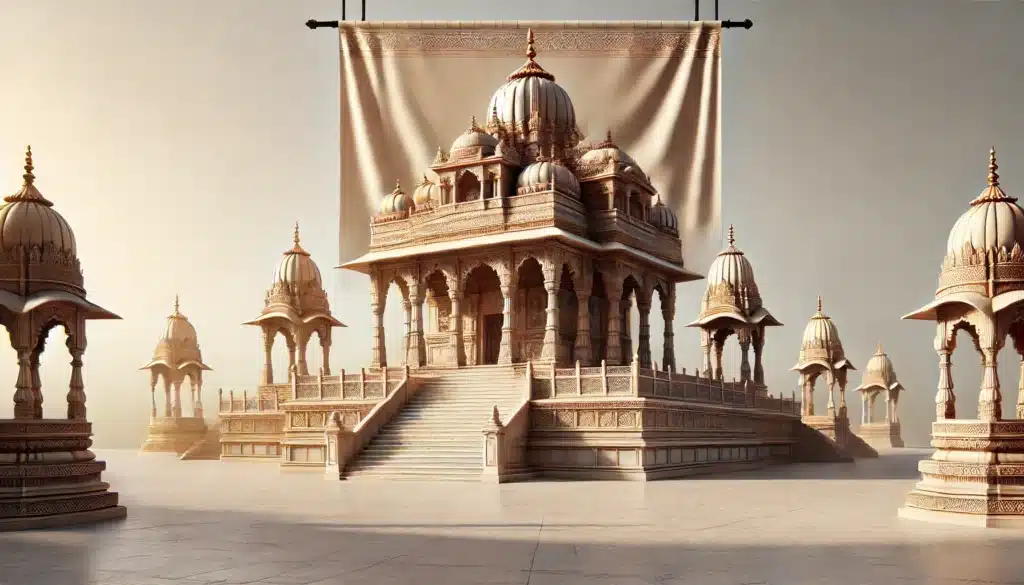Dharmasthala murder allegations have triggered a rare criminal inquiry in Karnataka.
A former sanitation worker told police he buried “hundreds of bodies” near the Dharmasthala temple between 1995 and 2014.
The state government has set up a Special Investigation Team after activists pressed for action.
The man, a 48 year old Dalit, said supervisors beat him and threatened to kill his family if he refused to hide the corpses.
He described unclothed bodies of women and girls with signs of sexual assault. He also mentioned acid burns on some victims.
He has offered to guide police to mass burial sites and to take lie detector and brain mapping tests.
Dharmasthala murder allegations raise questions over caste abuse and political cover up
The whistleblower left the town in 2014 after a relative was harassed. He lived in hiding for twelve years but said guilt forced him to speak.
To back his claims he has already dug up a skeleton and given it to police and the court.
Dharmasthala is an eight century old pilgrimage village that draws thousands of visitors each day. The powerful Heggade family runs the temple.
Its head, Veerendra Heggade, sits in India’s upper house of parliament after a nomination by the governing Bharatiya Janata Party.
Critics say the family’s influence has long shielded the area from scrutiny.
Public memory still recalls the 2012 rape and murder of seventeen year old Sowjanya in the same region.
Her family insists the attackers had ties to local leaders yet justice remains stalled. The new claims revive anger over that unsolved case.
Investigators must now exhume suspected burial sites, match DNA, and trace missing person reports.
Rights groups say the case shows how caste prejudice and political power can silence victims in India.
For New Delhi, another high profile abuse story risks eroding the image it promotes overseas of a modern, law bound nation.
Read more: Rubio meets Ishaq Dar in first high-level interaction between US & Pakistan






